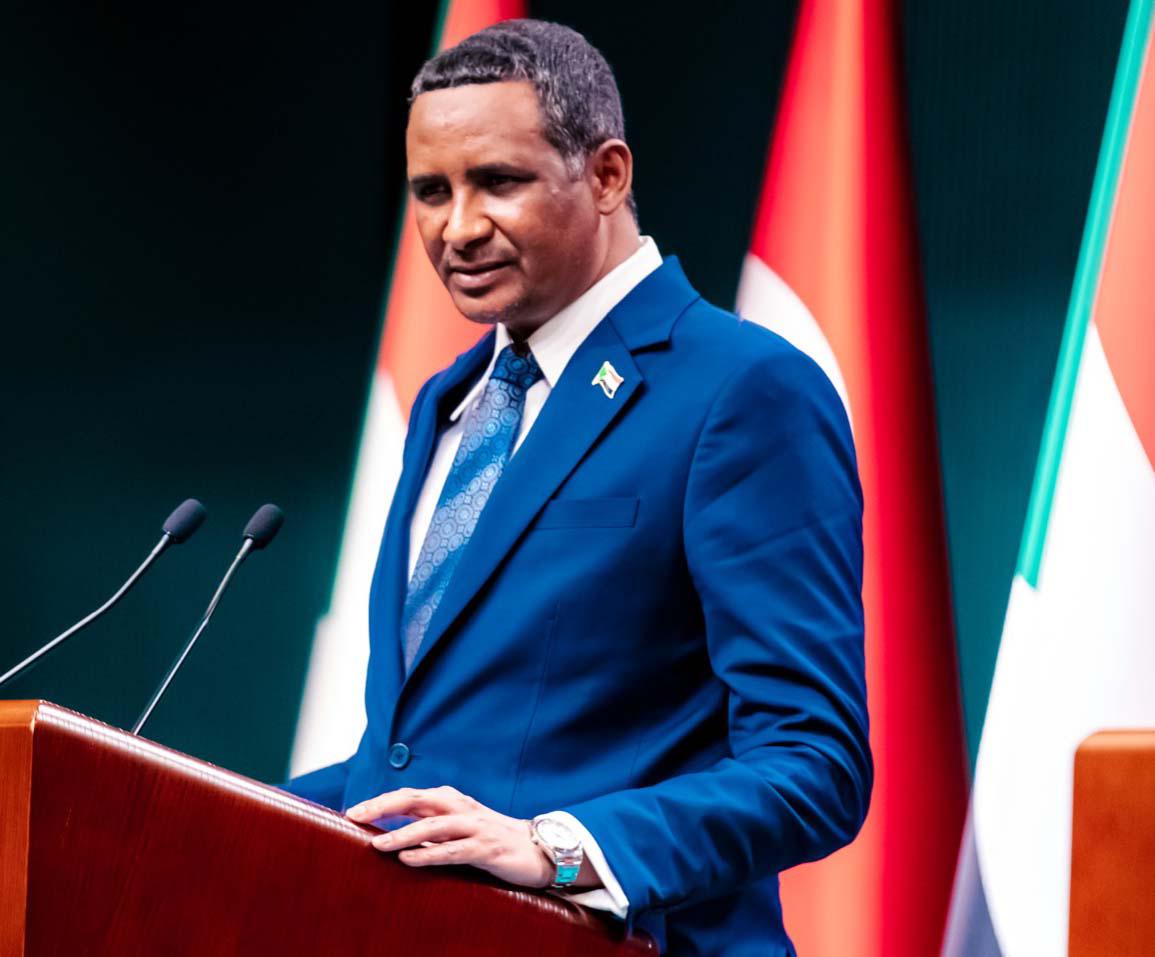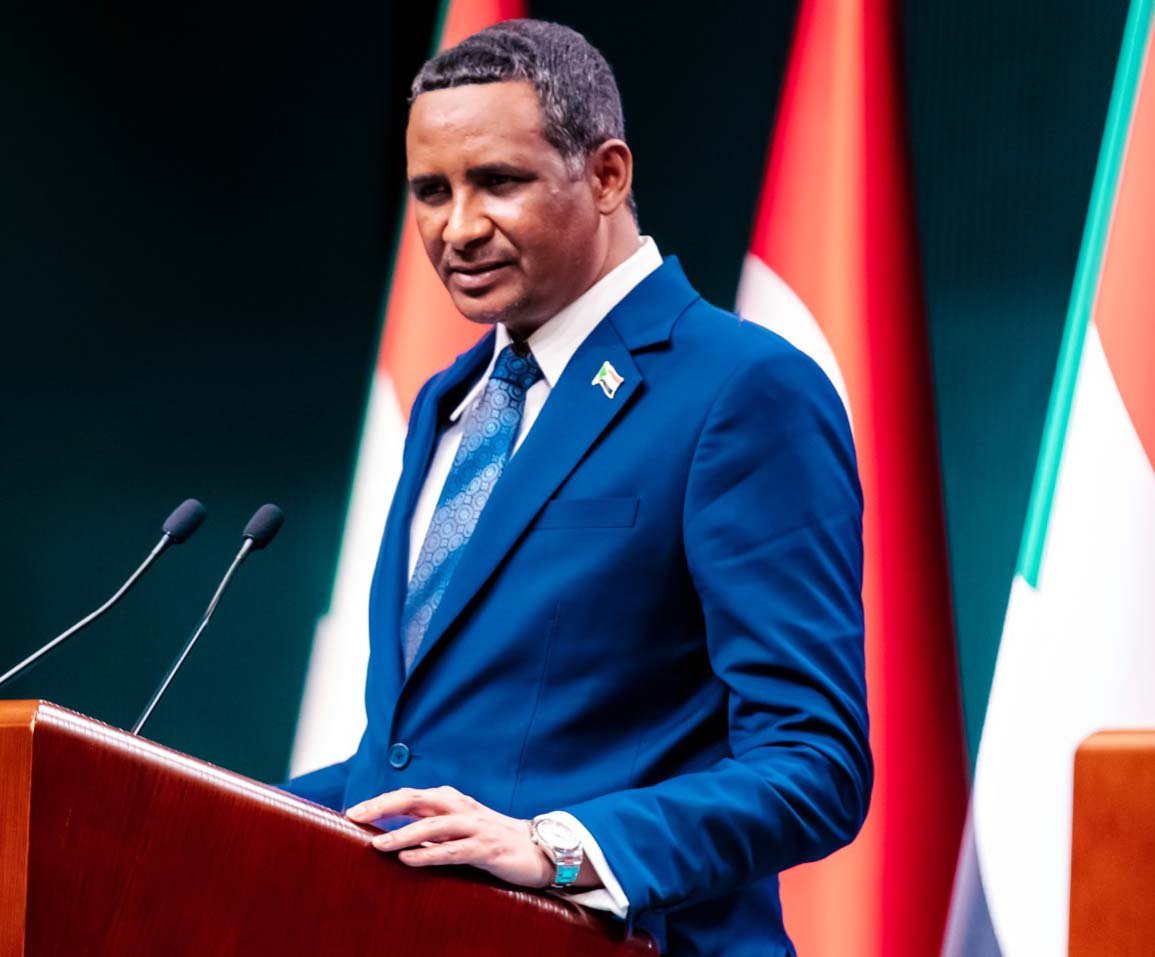Rapid Support Forces are a stumbling block in the way of Islamists seeking to exploit political crisis
KHARTOUM - Disputes over the integration of the Rapid Support Forces into the Sudanese army topped the scene of postponing the signing of the final political agreement in Sudan for the second time, which draws attention to the real reasons that prevented the completion of every development leading to the democratic transition, and that there is a main party benefiting from the stumbling represented by elements of The Islamic movement, who are influential in the current power structures and occupy leadership military positions.
The Forces for Freedom and Change “FFC” announced, on Wednesday evening, the postponement of the signing of the final political agreement between the Sudanese parties, which was scheduled for Thursday, due to the need for more discussions between the military parties that signed the framework agreement.
The FFC said that the technical aspects of the security and military reform procedures caused the postponement of the signing of the final agreement on its two dates, on the first and then the sixth of April.
The Rapid Support Forces signed an agreement with the army last March that included agreement on the details of the merger process stipulated in the framework agreement in its texts, but the elements of the Islamic Movement and the remnants of the former regime in the army disavowed it and tried to strike the agreement by reducing the time period for the merger, which hinders the smooth military transition process, and leaves Numerous gaps to constitute an outlet for a new military coup against the civilian authority.
The commander of the Rapid Support Forces, Lieutenant General Muhammad Hamdan Dagalo (Hamidti), hinted earlier that there are elements, whom he did not name, that are trying to disturb the relationship with the army, which suggested the presence of elements affiliated with the Islamic Movement and having a presence at the level of the army’s higher commands working to tense the atmosphere and create justifications to lead To thwart the political agreement or to empty it of its content and go towards reaching a fragile political transition that could easily be overturned.
Previous experiences regarding the democratic transition in Sudan have proven that obstacles increase in the final stages in which all parties are close to reaching a consensus.
The elements of the Islamic Movement did not intervene directly to thwart the framework agreement signed on the fifth of last December, but when they felt that the Rapid Support Forces were responding quickly to the merger process, they put more obstacles in the way.
Fake excuses that are exported to delay the signing of the final political agreement provide an opportunity to prolong the negotiation period and possibly shuffle the cards and create a general feeling that there is no hope for reaching a comprehensive agreement that crosses the country into a civilian rule.
It seems that the President of the Sovereignty Council and the Army Commander, Lieutenant General Abdel Fattah Al-Burhan, identify with this plan, as he did not intervene at any time in favor of putting an end to the obstacles, and it is enough for him every time the signing of the final agreement is delayed by stressing that he is committed to it and he did not provide practical evidence for that. And without dealing decisively with the removal of these elements of the Islamic movement that led to the coup against civil power in October 2021.
While the commander of the Rapid Support Forces realized the tricks of the Islamists early on and stood in front of the efforts to swoop on the framework agreement and is putting pressure on the army to go to sign it and embarrassed his leadership before by emphasizing the need to reach civil rule and its compatibility with his demands for the success of the democratic transition process and ending the security chaos in the country.
Political analyst Muhammad Abdullah Wadabuk said that the current complications are due to the existence of circles within the army forces that are disturbed by the rapprochement between the commander of the Rapid Support Forces and the civilian forces and that this comes within the framework of tensions between the various components, and these circles supported the emergence of terms such as “integrating the Rapid Support Forces into the army forces” in While it was previously dealt with as part of the regular forces and operates according to official laws and legislation.
He added, in a statement to The Arab Weekly, that the differences aggravated between the poles of the civil component after the Forces for Freedom and Change were torn into three blocs (the Central Council, the Democratic Bloc, and Radical Change), and failed to dialogue with each other. Then the differences moved to the military component, driven by the desire of parties that have an interest in the failure of political science.
The call of the Forces of Freedom and Change to demonstrate on Thursday marks the anniversary of the sixth of April, which is attributed to the popular revolution that overthrew the regime of former President Jaafar Nimeiri in 1985, and the anniversary of the sit-in in front of the army headquarters in 2019 that overthrew the regime of Omar al-Bashir.
The political discourse put forward by the so-called "Future Movement for Reform", led by elements of the Brotherhood and the leaders of the dissolved National Congress Party, expressed the political vision for the future, and criticized what the movement called "the interference of external parties in the internal crisis."
This step indicates the possibility of launching a political alliance supported by the military who reject the framework agreement to fight the entire project of democratic transition adopted by civilian forces.
The strategic expert, Major General Muhammad Khalil Al-Saim, confirmed that the elements of the Islamic Movement are working hard to obstruct every positive development in Sudan that leads to achieving stability, and are working from time to time to create discord between the army and the Rapid Support Forces, or through a wedge between the forces of the revolution itself, and scattering papers of political understandings.
He explained in a statement to The Arab Weekly that the leniency of the army, which took over the reins of affairs during the transitional period in the face of the remnants of the former regime, allowed the elements of the Brotherhood and the Islamic movement in general to have a great influence on the current scene, and that giving them the opportunity to hold seminars, conferences, and breakfast tables sent signals of the presence of personalities in the region. The authority and the army do not mind sabotaging the current political scene.
Maintaining the situation as it is within the military establishment serves the Islamists and supports the army's domination of power until reaching the stage of elections, creating the atmosphere for presenting a candidate affiliated with the Islamic movement and supporting his success in restoring power again.
Lieutenant-General Hamidti is considered the stumbling block in the way of achieving the interests of Bashir’s remnants and the Islamic movement, after he stipulated, within the process of merging his forces, the necessity of purging the army of Islamist officers who had been accumulated by the ousted President Omar al-Bashir throughout his rule, which appears to be a major reason for obstructing the success of the final political agreement that might end The Brotherhood hopes to return to power again.





